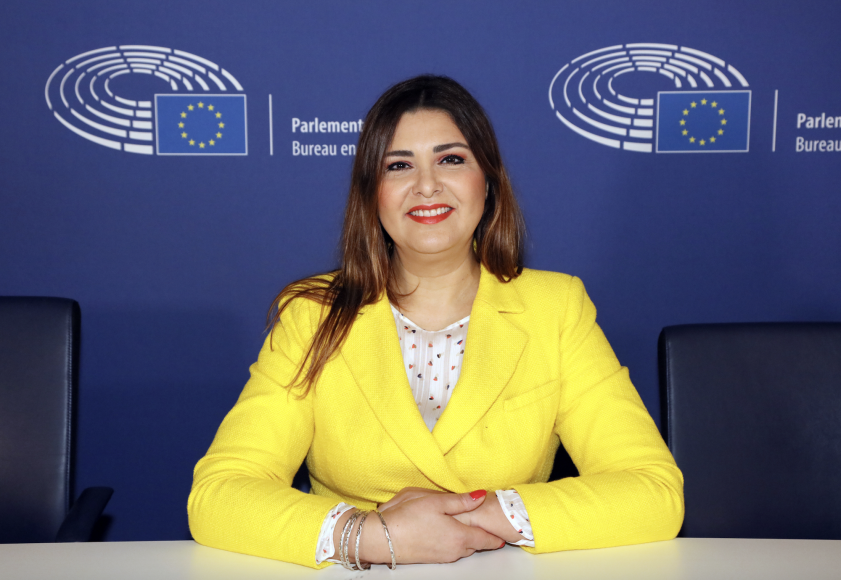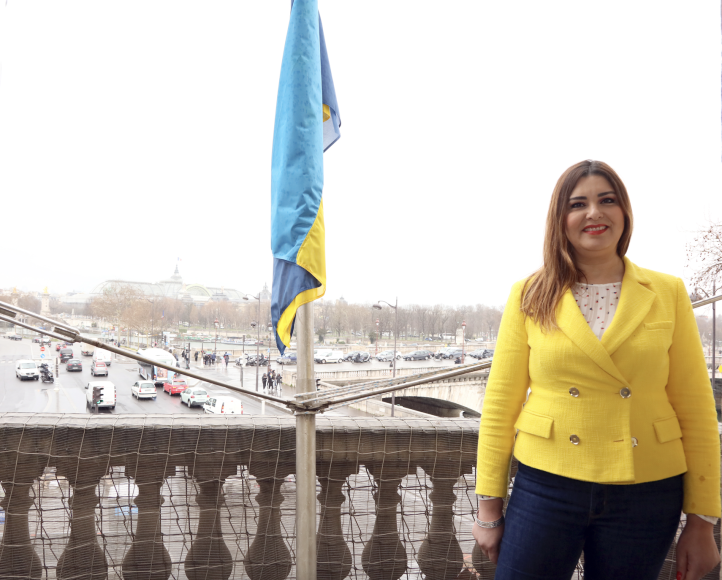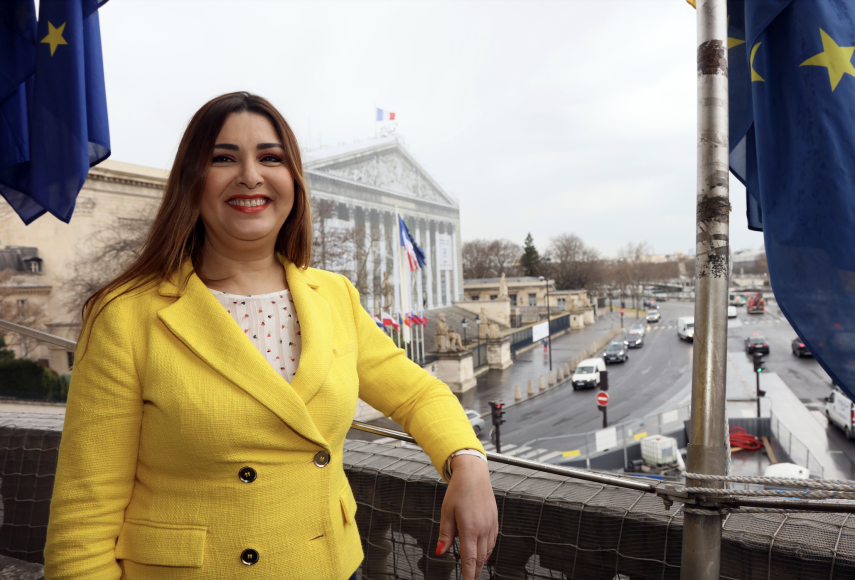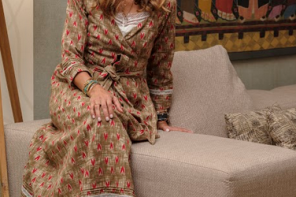Salima Yenbou is a well-known French school administrator and politician who was elected as a Member of the European Parliament with several roles. She serves on the Committee of Foreign Affairs, the Committee of Culture & Education, and the Parliament Intergroup on LGBT Rights. In March of this year she joined the Renew Europe group after having declared her support for Emmanuel Macron in the run-up to the 2022 French presidential election. We are very proud to have the opportunity to interview her on women’s rights and humanity issues.
How do you think women are changing the game in your sector and beyond?
It has been shown that the inclusion of women in different sectors and in particular in the economic sector is a game changer for erasing gender inequality. Despite there being a lack of scientific data at the macroeconomic level, observations and studies tend to show its importance with women bringing different approaches, skills and perspectives to the world of work. This also applies to politics, where they do not mimic the behaviour of men and where women are involved there is an improvement in financial results that benefit both men and women. Indeed it would be very interesting to measure the impact on the GDP of a country of women in the economic sector and I am sure that for developing countries, this impact would be very strong.
Do you think women are being appropriately supported in the workplace? What are the realities and is more education needed?
Not all women have the same experience. Two weeks ago, I was on a TV show and there were two of us women. Talking beforehand, the host told us that it is always the women who come with paper documents, which they often don’t use. This is symptomatic of an unconscious feeling of illegitimacy. In this area, support is needed and I know groups of women (politicians and business leaders) who work on these very issues by sharing their experiences. They feel free to reveal their feelings, their experiences because they are understood and not mocked or seen as weak.
Then, there is the problem of harassment. This is a reality that must be changed. Laws are essential; they dissuade a little but they intervene after the fact. So we need to focus on training men and women to be aware of harassment situations and the limits between flirting and harassment. It is also important that there are mediators in the place of work so a victim can be confident to come forward and to ensure that there is an efficient system of follow-up of complaints.
Having worked on bullying at school level, I think education has a central role to play in this process. Work has already started, but more is needed to educate future generations and put an end to gender-based harassment, and harassment in general.
The European Parliament has put in place a very strict policy on harassment in the workplace in which I participated and I’m part of a group of people who listen and manage complaints within a protocol to monitor and more importantly find solutions.
Do you think that the human rights movement is needed more than ever with the world’s problems seen as the result of good citizens being left behind by bad governments?
Yes, the human rights movement is unfortunately more necessary than ever. But it cannot do everything, which is proof that it is still needed! In my opinion, it is essential to encourage citizens and civil society to get involved in associations, NGOs especially in politics. Women and minorities must participate more in the debates. Many people and often women take risks to defend HR in their countries but they are often alone, so the support must also come from within. Of course, this is easy to say for me as a French woman living in France but unfortunately there are no other sustainable solutions. We maybe don’t condemn enough as the condemnations from outside have a limited reach and each new condemnation erases the other one in the media.
How did you manage to reconcile your life as a mother with your professional life? What have you sacrificed at each stage of your career?
I started by sacrificing my professional career for my family and I have no regrets. Once my children were old enough I started to take the competitive exams to take on new responsibilities. To enter politics, I waited a little longer until my children were independent and at school. My European mandate is not the easiest for my personal life because I am rarely with my family and they kindly remind me that I did not devote enough time to them. I have heard the message and I am trying to change that and find time for them. Now, the challenge is to balance time for myself, without touching the time for Europe and for my loved ones.
Did human rights lead you to ecology or the opposite?
Human Rights are a lifelong struggle for me and my link was then made very naturally as the deterioration of the environment and poor development aggravate the violations of Human Rights and respect for human rights is a factor in sustainable development and contributes to the creation of a healthy environment.
Text by Suna Ahmed






